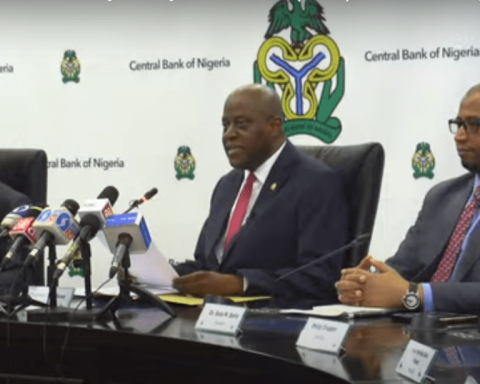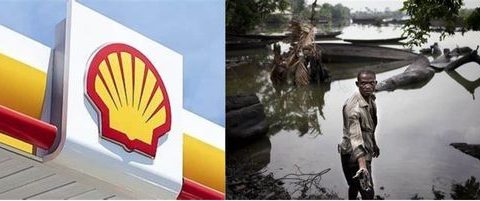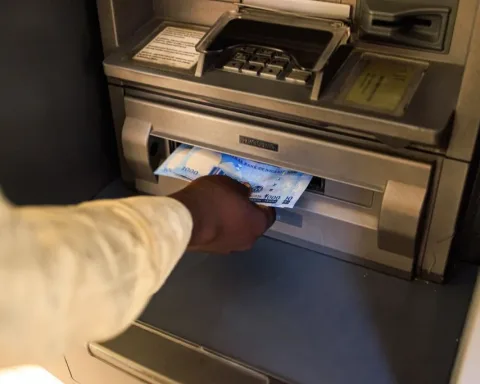THE continuous loss of value for the Naira is the major reason Nigeria’s apex bank stopped providing forex to Bureauu de Change operators(BDCs), former deputy director at the Central Bank of Nigeria (CBN) tells Prime Business Africa.
Abiodun Sopitan, who left the CBN as deputy director some years back, explained that the regulator was trying to manage the country’s dwindling foreign reserves at its disposal in the best way possible. Reacting to the recent announcement on Bureaux De Change Sopitan said:
“Nigeria used to be an exporting nation and used to have a lot of things that it exports; now, we only export crude and the source of forex is dwindling by the day. So, the government is left with the task of managing what is left.”
The CBN had stopped the sale of forex to Bureau De Change operators over illegal business transactions and selling of dollars beyond approved rates.
It also suspended issuance of licences to new BDC applicants.
The Association of Bureau De Change Operators of Nigeria (ABCON) had, in reaction to the CBN ban, insisted that they would continue to provide foreign exchange services to Nigerians. They vowed to source forex from elsewhere and provide other services to the members of the public.”
Sopitan, while summarising the essence of the apex bank’s intervention in a chat with Prime Business Africa, said:
“There was a time in this country when the Naira was equivalent to one pound; now, the Naira is about N520 to a dollar. How do you explain that?”
Sopitan remarked that Nigeria had discovered oil and abandoned its hitherto vibrant agricultural sector that was the mainstay of its economy.
According to him, discovery of oil became Nigeria’s doom.
“Before oil was discovered in Nigeria as an agrarian country, each region had an agricultural product it was exporting,” he said.
He listed cocoa, groundnut, cotton, cashew, palm oil, among others, as Nigeria’s foreign exchange-earners between 1960s and mid-1970s.
These commodities, he said, were being exported and Nigeria was gaining massively on foreign exchange.
“Sixty-one years after independence, we are exporting raw materials; we send our crude abroad to be refined and when it is refined we now buy back at a higher cost. Our Naira hopes and survives on unstable international oil prices,” he said.
The former CBN Deputy Director said, “We are in danger of food shortage because farmers can no longer go to their farms due to insecurity in the country. That is why the Federal Government is trying to juggle things, but they are going about it the wrong way. The people who are really being denied forex right now are the people who need it to boost the economy.”













Follow Us